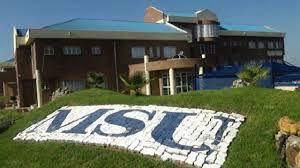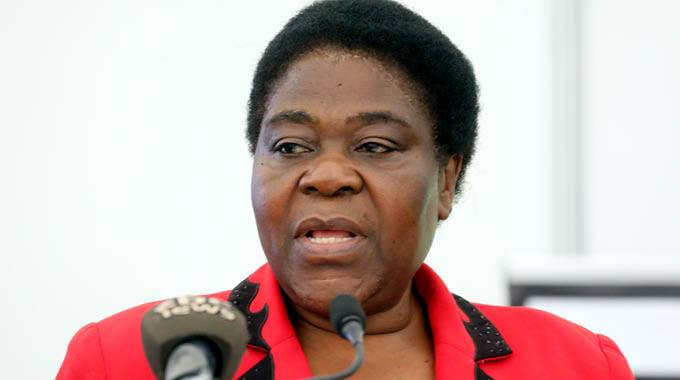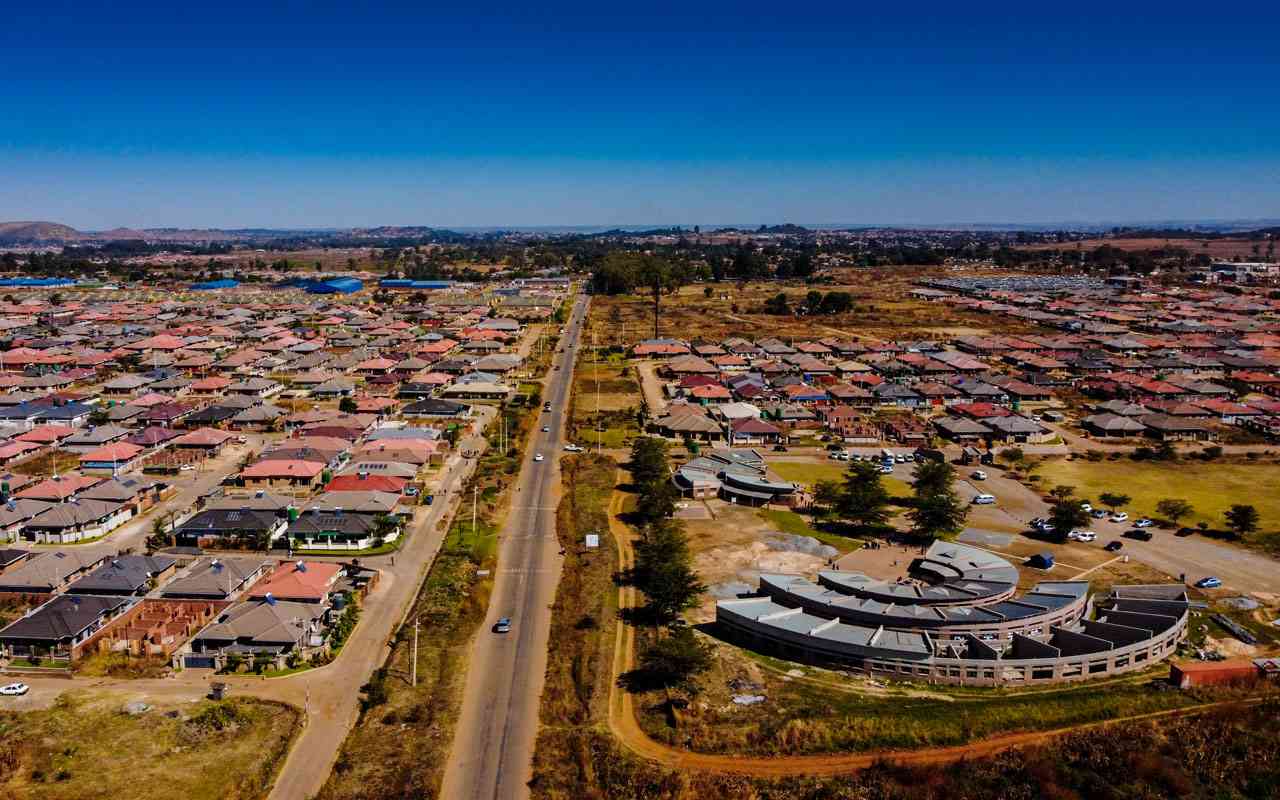PRESIDENT Emmerson Mnangagwa is on a drive to attract foreign investors under the mantra “Zimbabwe is open for business”.
It is meant to be a clarion call for investors that have been giving Zimbabwe a wide berth to reconsider the country, endowed with vast natural resources.
It is not easy to pick a country that was yesterday a pariah and inject billions into that economy.
Yet some have taken the plunge in response to Mnangagwa’s call. The Chinese have responded and taken over lithium mining in Zimbabwe.
The world’s largest stainless steel producers, Tsingashan Holdings Group of China, is completing an integrated steel plant in Manhize near Mvuma.
Dinson Iron and Steel Company (Disco), has invested over US$1,5 billion in iron, carbon and steel production. At full throttle in 2030, Disco will produce 20 million tonnes of carbon steel per annum.
Keep Reading
- Chinese man gets 20 years in Rwanda for whipping a local man
- In Conversation with Trevor: ICT guru Stafford Masie speaks out
- In Conversation with Trevor: ICT guru Stafford Masie speaks out
- Africa’s ‘largest’ ferrochrome plant takes shape
The Zimbabwe Investment and Development Agency (Zida) has been burning midnight oil to facilitate the entry of foreign investors into the economy. Its policies have also seen local investors putting money to start new or expand existing projects.
Statistics from Zida show that the agency issued 615 investment licences last year with an estimated value of US$9,66 billion compared to 267 with an estimated value of US$2,36 billion in the prior year.
“Year-to-date 2023 the agency managed to attract investors from 47 countries compared to year-to-date 2022, where licences were issued to investors from 33 countries including Zimbabwe. During both periods, investors from China continue to dominate, having the highest number of investors with mining being their most preferred sector followed by the manufacturing sector. However, China and Japan contributed the highest projected investment values in 2023,” Zida said in a Q4 2023 report.
All these efforts by Zida and other government departments to attract investors will come to naught if Zimbabwe does not address some housekeeping issues, chief among them, tackling corruption that unsettles investors.
There are cases before the courts in which some investors accuse their local counterparts of allegedly fleecing them off.
Although the courts are still to settle the disputes, we fear these isolated incidents will work against efforts to attract investors. Foreign investors have options to choose from and destinations compete for the heart and soul of investors.
Our systems must be watertight and those found on the wrong side of the law must be brought to book. This entails those in offices that demand bribes from investors to approve their applications or issue licences.
In his inaugural speech in 2017, President Mnangagwa said a new culture “must now inform and animate our daily conduct”.
“Our offices must speedily answer questions and generate solutions awaited by our customers, be they our citizens or well-meaning outsiders who want to join in the recovery of our economy.
“Flexibility must be built into our operations so the machine of government does not become one huge, ponderous stumbling block to decisions that must be made and communicated expeditiously,” he said. We need to go back to that.
Investors, both local and foreign, are key for Zimbabwe’s revival and must be nurtured. They need to be protected from predators who only think with their stomachs.





